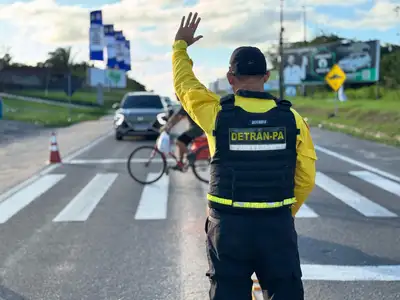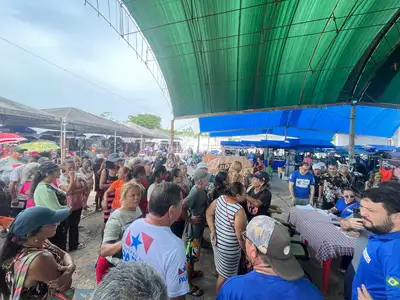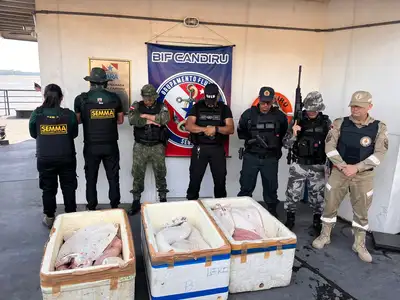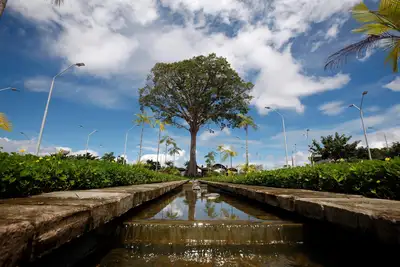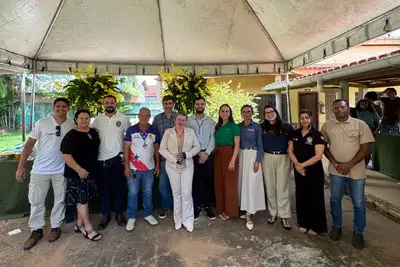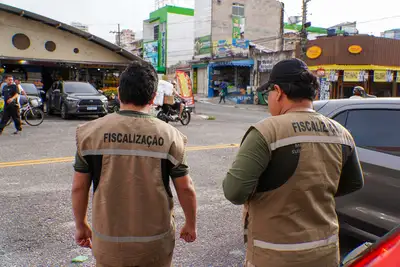Training on assistance to vulnerable groups victims of violence arrives in Bragança
The training addressed themes such as the history of crime and violence, human rights, and legislation
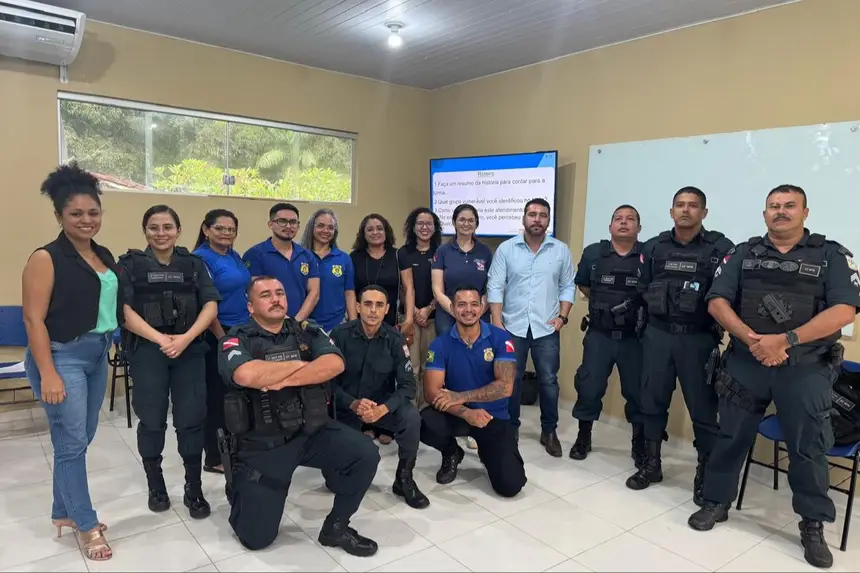
In order to further enhance the assistance provided by public security agents in Pará and the protection network, the Secretary of Public Security and Social Defense (Segup), through the Directorate of Public Policies and Social Prevention (DPS), trained 43 public security agents and members of the protection network in the municipality of Bragança, northeastern Pará. The course, completed this Wednesday (28), is expected to reach more municipalities by the end of the year.
The training included personnel from the Military Police of Pará, Civil Police, Scientific Police of Pará, Municipal Guard, and the education, assistance, and Women's Coordination secretariats. The training addressed themes such as the history of crime and violence, human rights, and legislation, focusing on security professionals who work with victims in vulnerable situations, such as women, children, adolescents, the elderly, and the LGBTQIA+ population.
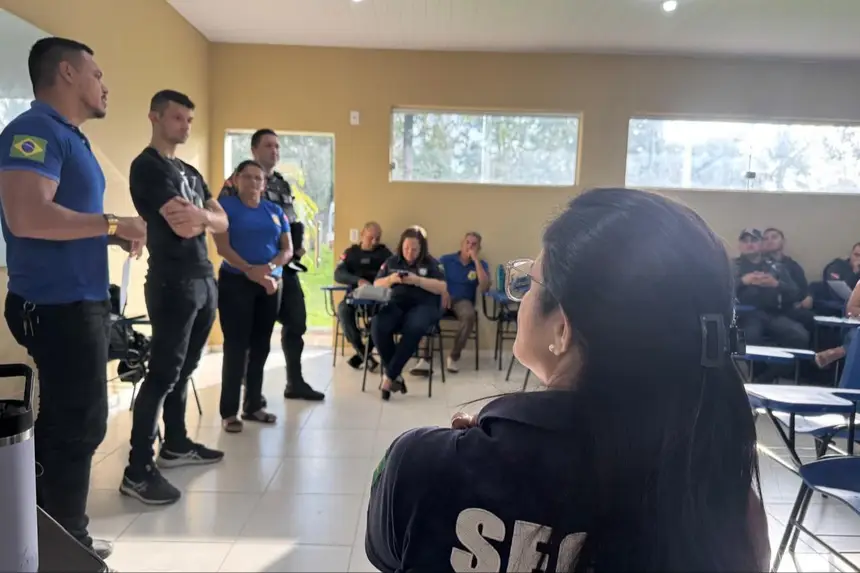
According to the director of DPS/Segup, delegate Ariane Melo, the training ensures that agents understand the specific needs of these groups, apply sensitive and effective approaches, and collaborate with other institutions to provide comprehensive support. "By investing in training, a safer and fairer environment for all citizens is promoted, strengthening trust in the actions of security forces," she said.
The course is an initiative of Segup in partnership with the Institute of Public Security Education (IESP). For the director of the Institution, Colonel Walder Braga, the training reaching other municipalities beyond the Metropolitan Region of Belém contributes to leveling the assistance across the State.
"This type of training strengthens the trust between the population and the Security Forces and Protection Network, contributing to a fairer, more welcoming, and safer society for all. It is an essential step in building a more humane and effective public service," he pointed out.
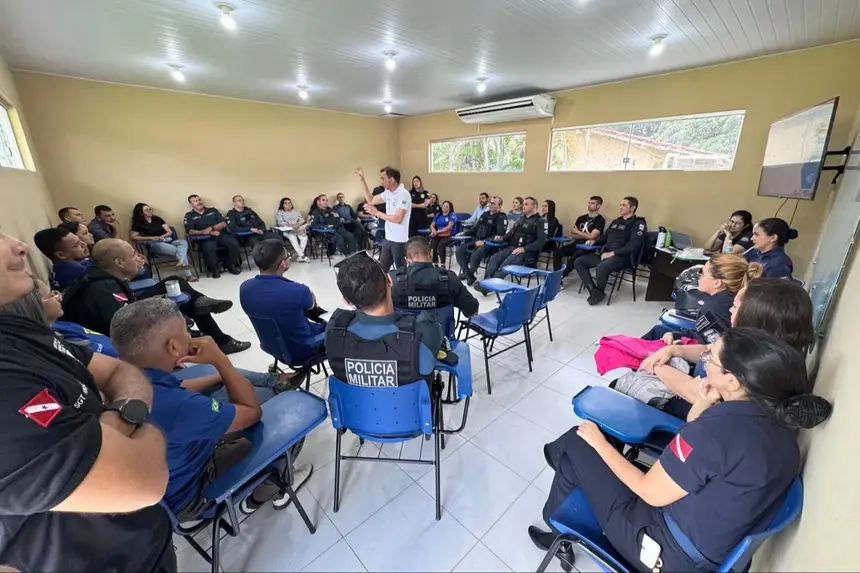
Welcoming - By receiving training, public security agents learn to work in collaboration with other services and institutions in the protection network, such as social workers, psychologists, guardianship councils, and non-governmental organizations. This integration facilitates the referral of victims to appropriate support, ensuring they receive legal, medical, psychological, and social assistance.
For a student of the training, 2nd Lieutenant PMPA, Ana Lopes, welcoming and respecting human rights in the assistance of people who are already in situations of violence is fundamental. "In addition to promoting knowledge about protective legislation, it also generates awareness of the assistance flow among the members of the protection network to enable treatment that reaches more dimensions of the personality of the victim, as well as the perpetrator of the violence," she highlighted.
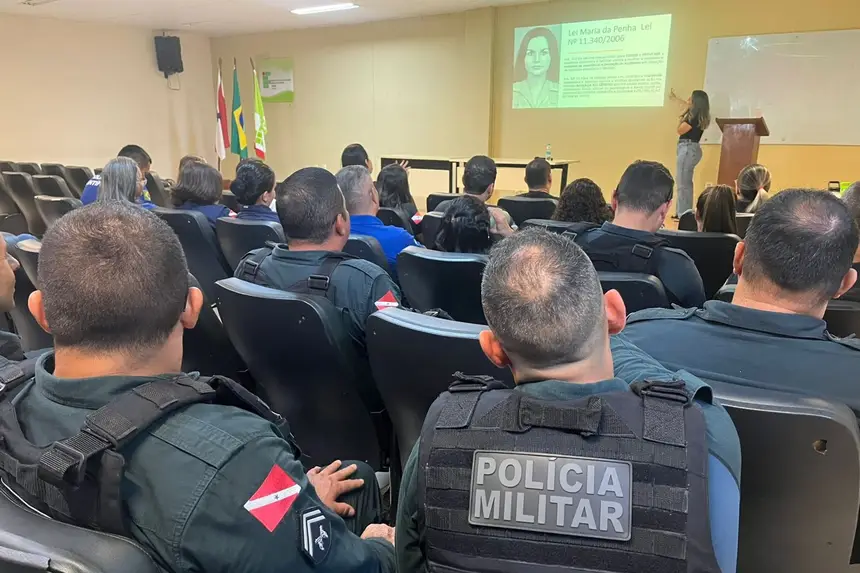
The training is a commitment of the security forces to the protection of human rights and the promotion of social justice. For the municipal coordinator of Women's Rights in Bragança, Ruth Torre, the lectures were extremely important because they contribute to awareness, prevention, and confrontation of this serious social problem.
"The lectures were essential to break the silence that often surrounds violence, as well as to educate society about the different forms of violence, train people for assistance, identify and report cases, and finally, strengthen support networks for victims," she pointed out.


